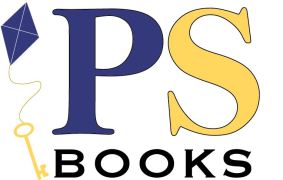 When protagonist Matt Younger returns home after years of being ostensibly lost at sea in J.P White’s debut novel, Every Boat Turns South, he does so ensconced in “the musty tang of things growing and rotting in the same catch.” The moment, needless to say, is pregnant with ambivalence, and the tension between past and future, life and death, hope and despair is one that White develops beautifully throughout this emotionally intelligent tale of high-seas adventure.
When protagonist Matt Younger returns home after years of being ostensibly lost at sea in J.P White’s debut novel, Every Boat Turns South, he does so ensconced in “the musty tang of things growing and rotting in the same catch.” The moment, needless to say, is pregnant with ambivalence, and the tension between past and future, life and death, hope and despair is one that White develops beautifully throughout this emotionally intelligent tale of high-seas adventure.
The novel is framed much like the classic Persian tale of One Thousand and One Nights. Rather than telling stories to keep himself alive, however, the protagonist is racing against the clock to make a full confession to his dying father; long regarded as the cause of his superstar brother’s death, Matt has been drifting for years, finding himself in one brand of trouble after another, with his nights usually ending up at the bottom of a bottle of a rum. Yet even as Matt flees from his past, the ghost of his brother is always nearby, haunting his every move. Hence the need for Matt’s confession: he wants to make a clean break with the past and start his life anew. Of course, such things are often easier said than done.
In addition to One Thousand and One Nights, Every Boat Turns South boasts a strong literary heritage. Hints of American classics ranging from Herman Melville to Ernest Hemingway and John Steinbeck saturate the novel, but perhaps the strongest connection I can make is to Arthur Miller’s Death of a Salesman, as the prodigal son returns home to make amends with his family only to be met with ongoing resistance. The big difference this time around, however, is that we finally get a chance to find out what the son was up to while he was gone, and Every Boat Turns South serves up the sin and misery in spades.
A gripping page-turner, Every Boat Turns South is the perfect antidote to the end-of-summer blahs. White’s gift for suspense is matched only by his lyrical facility with the language of the sea. Highly recommended.
Marc Schuster is the Associate Fiction Editor of Philadelphia Stories and the author of The Singular Exploits of Wonder Mom and Party Girl.

 Towards the end of
Towards the end of